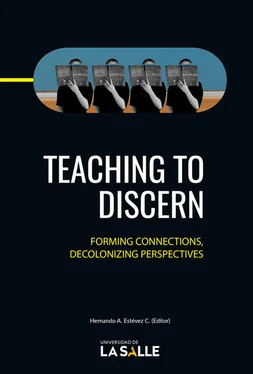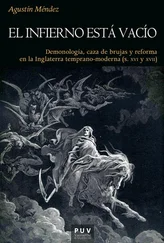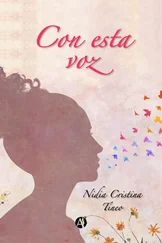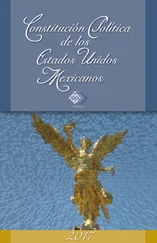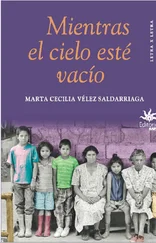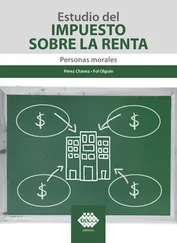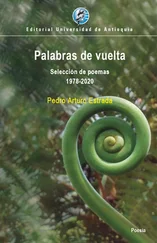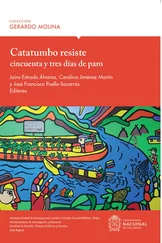However, access to higher education is not enough for social change: Universities must train professionals to imagine the best future for our country. They must promote critical thinking and minds that propose viable solutions for current challenges in order to create wellbeing for the majority of the population. In this sense, academia may build proposals to restructure societies — and educational systems — that currently evidence all types of failures and weaknesses; to that end, international ventures present different opportunities. Therefore, internationalizing activities in higher education should not be understood only as a way of achieving an international reputation or prestige.
In a democratic society, having a degree legitimatizes particular roles and social status; therefore, improved access to degrees fosters equality. In this sense, the social commitment of bringing higher education to underprivileged populations (poor, disabled and discriminated minorities) must materialize in a process based on principles of quality and equity.
Bringing the World to Universities and Social Development in Colombia
Universidad de La Salle is committed to social development, both urban and rural. The Utopia Campus in Yopal, which brings agronomical training to some of the most marginalized rural inhabitants of the country, is testimony to the latter. Internationalization can be used to further these aims. The idea is that educators, organizational staff and students become problem solvers of societal needs by means of relevant research and knowledge contribution, and that they also become directly involved in activities that further social development (as an example, exchange students in our university have volunteered their time to teach English at Utopia).
In order for Colombia to achieve both economic growth and a stable peace, societal growth, public policies, and educational approaches must be taken into consideration. If Colombian society (with universities as mediators) does not pay attention to current social challenges, the sustainability of our country is at risk. On the other hand, quality education is essential for building equity and generating opportunities. Also, the university is a special space to draw people’s attention to their role in protecting the environment. In short, universities must educate human beings to live in opposition to the logic of domination, excessive and predatory consumption, disrespect for life, ambition, and destructive egotism.
Learning to Collaborate by Means of Fruitful Relationships
Collaboration strengthens personal relationships, both being empowered by new communication technologies. Nowadays, social interactions are not only faster but more diverse: New media makes it possible to enter into relationships with people from very different cultures, with different experiences and ideas of reality.
However, what we may call “detached relationships through virtual immediacy” is gaining more and more popularity in our time: Currently, it is more difficult to converge with others because the interaction mainly occurs online; it seems the traditional face-to-face encounters are disappearing. Moreover, a rising culture of uncertainty, hate and fear (in which new media plays a large role) makes us protect ourselves and take a step back from those who are different.
From a social development approach, it is imperative to establish open and diverse relationships in order to solve societal problems. We have run out of ideas; we need other experiences and other ways to live in a community in order to chart our own path. Without denying the importance and the need for virtual interactions, the experience at our university proves that close interactions are capable of transforming and giving meaning to our existence. Nowadays, we have access to information, but everybody — especially the younger generations — faces the difficulty of knowing what to do with that information. In this sense, HEIs need to think about what it is important to learn and how that learning impacts social development. Educational environments are tasked with strengthening the sense of community and solidarity against individualism and standardization. Education plays a role in fighting poverty, in promoting thinking on justice, peace, fraternity and tolerance; and in promoting free and fair individuals. Universities should give more importance to relationships than to mere knowledge accumulation, as UNESCO recognized a couple of decades ago: “This truly exceptional time in history calls for exceptional solutions. The world as we know it, all the relationships we took as given, are undergoing profound rethinking and reconstruction. Imagination, innovation, vision and creativity are required.” (UNESCO, 1996, p. 11).
Boutros Boutros-Ghali presented three threats of globalization in relation to education. First, the danger that nation-states will dissolve into transnational powers, with states being unable to guarantee the equality of opportunities on education. Second, that communities will fight to avoid diversity. And third, that ties of solidarity will be destroyed. In this regard, he said:
I see individuals, countries, entire regions of the planet sinking more and more into misery. I see a widening gap between info-rich and info-poor, between those who are connected and those who are not, between those who have information and knowledge and those who do not have them. (UNESCO, 2006)
In this sense, it is necessary to set up the proper structure to support social development through educational policies. This means that not only internationalization but also all the actions of strategic management of an institution need to pay special attention to the relations between stakeholders (within political, bureaucratic and symbolic interactions). These forms of interactions refer to the legal framework that affects universities, the interplay between what society demands of universities, and institutional autonomy. This promotes a permanent rethinking of what a university is and about the possibility of new environments that foster competitiveness, scientific research and technological advancement, critical thinking, innovation, and creativity to transform societies.
International Curriculum Development to Put Forth Relevant Social Teaching
One of the needs for internationalizing the university through a mobility program is to create an appropriate international curriculum. This curriculum should impact the particular curriculums in different areas of knowledge inside the university and the development of knowledge and skills of international and multicultural students. Such a curriculum advancement has social implications: It promotes a real appropriation of knowledge to solve real problems by means of academic reflections, enriched by international perspectives.
Innovations for Building Better Societies by Means of a University’s Mission Statements
Universities must develop actions that promote, facilitate and encourage the creation and implementation of socially relevant research projects. Therefore, it is necessary to produce alliances and agreements that promote knowledge transfer, infrastructure integration, cooperation and common projects with national and international researchers and institutions. This collaboration was highlighted as urgent at the Conference of UNESCO in Paris in July 2009.
This cooperation is specified within two concepts: academic collaborations and international development cooperation. Both concepts are seen as mechanisms to deal with the growing academic competitive scenario of higher education, which is determined by the liberalization of education guided from a market-based perspective.
Extension, understood as the aspect of academia that allows the interaction of the university with other sectors of society, must be intrinsically integrated with teaching and research. Also known as “public service,” it contributes to the solution of social problems and to the development of knowledge inside a community. Its purpose is to establish processes of interaction and association among various social and community stakeholders.
Читать дальше
